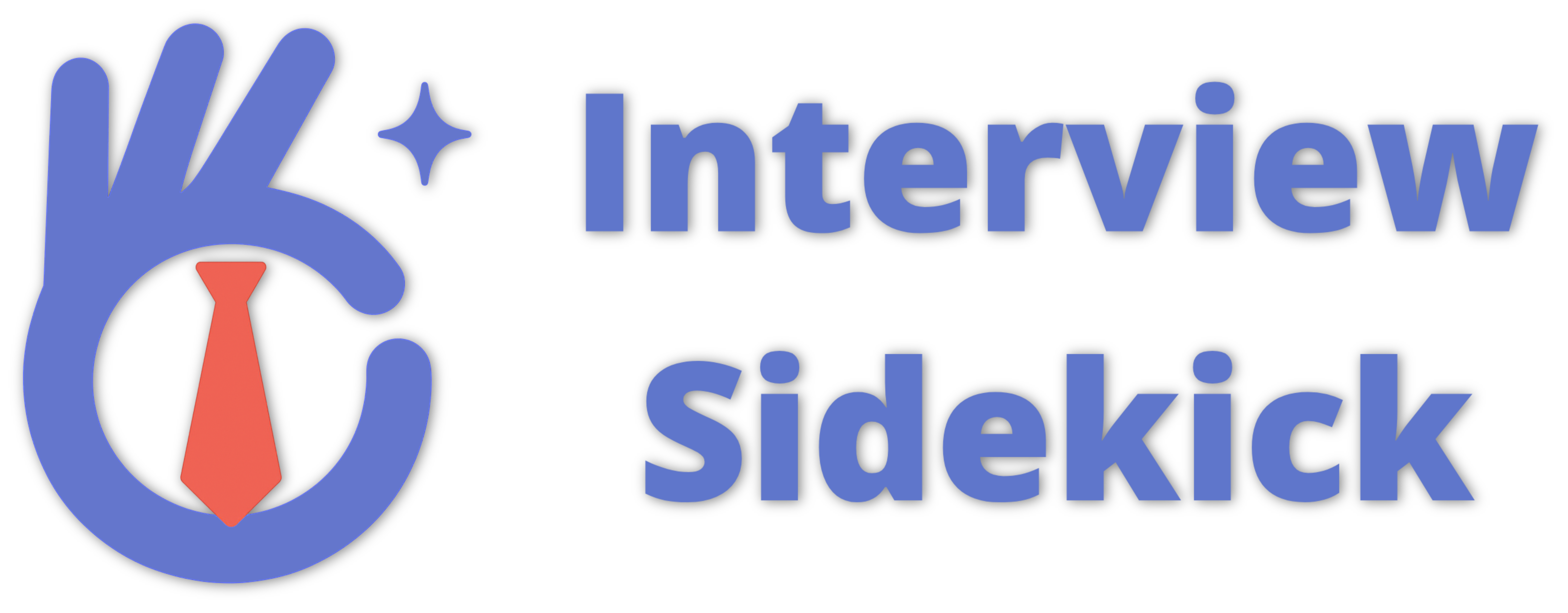React Developer Interview Preparation (Step-by-Step Guide with Tips and Examples)

Feeling overwhelmed by React concepts and unsure where to start? You’re not alone. A structured roadmap will help you tackle key React topics efficiently and confidently.
Overcoming Common Interview Prep Pain Points
Too Many Concepts: Hooks, Redux, Context API-where should you focus?
State Management Struggles: Managing props, lifting state, and handling global state can be tricky.
Performance Issues: Optimizing rendering and avoiding unnecessary re-renders is crucial.
Real-World Application: Building scalable, maintainable React apps requires hands-on practice.
Lack of Mock Interviews: Many candidates struggle with live coding and system design questions.
Your 4-Week Preparation Roadmap
This roadmap ensures you master React fundamentals, advanced techniques, and best practices.
Week 1: Master React Fundamentals
Focus: JSX, components, props, state, and event handling.
Daily Goals:
Day 1: Learn JSX, functional vs. class components, and props.
Day 2: Understand state and event handling in React.
Day 3: Explore the Virtual DOM and React’s rendering process.
Day 4: Use
useStateanduseEffecthooks effectively.Day 5: Learn conditional rendering and list rendering.
Day 6: Implement controlled and uncontrolled components.
Day 7: Build a small React project to apply these concepts.
Tip: Be prepared to explain the difference between props and state.
Week 2: Advanced React & State Management
Focus: Context API, Redux, and performance optimization.
Daily Goals:
Day 1: Understand Context API and useReducer.
Day 2: Learn Redux basics-store, actions, reducers.
Day 3: Implement Redux Toolkit for state management.
Day 4: Explore memoization (
React.memo,useMemo,useCallback).Day 5: Optimize rendering and prevent unnecessary re-renders.
Day 6: Use React Profiler to debug performance issues.
Day 7: Build a React project with Redux for global state management.
Tip: Be ready to discuss Redux vs. Context API and their use cases.
Week 3: API Integration, Routing & Testing
Focus: API calls, React Router, unit testing.
Daily Goals:
Day 1: Fetch data using Fetch API and Axios.
Day 2: Handle loading, errors, and caching API responses.
Day 3: Learn React Router for client-side navigation.
Day 4: Implement authentication and protected routes.
Day 5: Write unit tests using Jest and React Testing Library.
Day 6: Mock API requests in tests using MSW.
Day 7: Build a React app with API integration and routing.
Tip: Expect questions on how to optimize API calls in a React app.
Week 4: System Design & Mock Interviews
Focus: System design, component architecture, and behavioral interviews.
Daily Goals:
Day 1: Study component composition and reusable patterns.
Day 2: Learn about design patterns in React (HOC, Render Props, Custom Hooks).
Day 3: Implement lazy loading and code splitting.
Day 4: Practice whiteboarding React system design questions.
Day 5: Solve common React interview questions in a mock setting.
Day 6: Review behavioral interview questions (STAR method).
Day 7: Relax, review your portfolio, and prepare for your interview.
Tip: Be ready to walk through your React projects and explain key decisions.
Bringing It All Together
By following this roadmap, you’ll be fully prepared for your React Developer interview.
Master Core React Concepts: Build strong fundamentals in components, state, and props.
Think Like a Developer: Focus on performance, scalability, and maintainability.
Use the Right Tools: React hooks, Redux, and testing libraries will be essential. Practice with interactive resources.
Stay Confident: Your structured preparation will give you an edge.
Start your prep today and get closer to landing your dream React Developer role!
